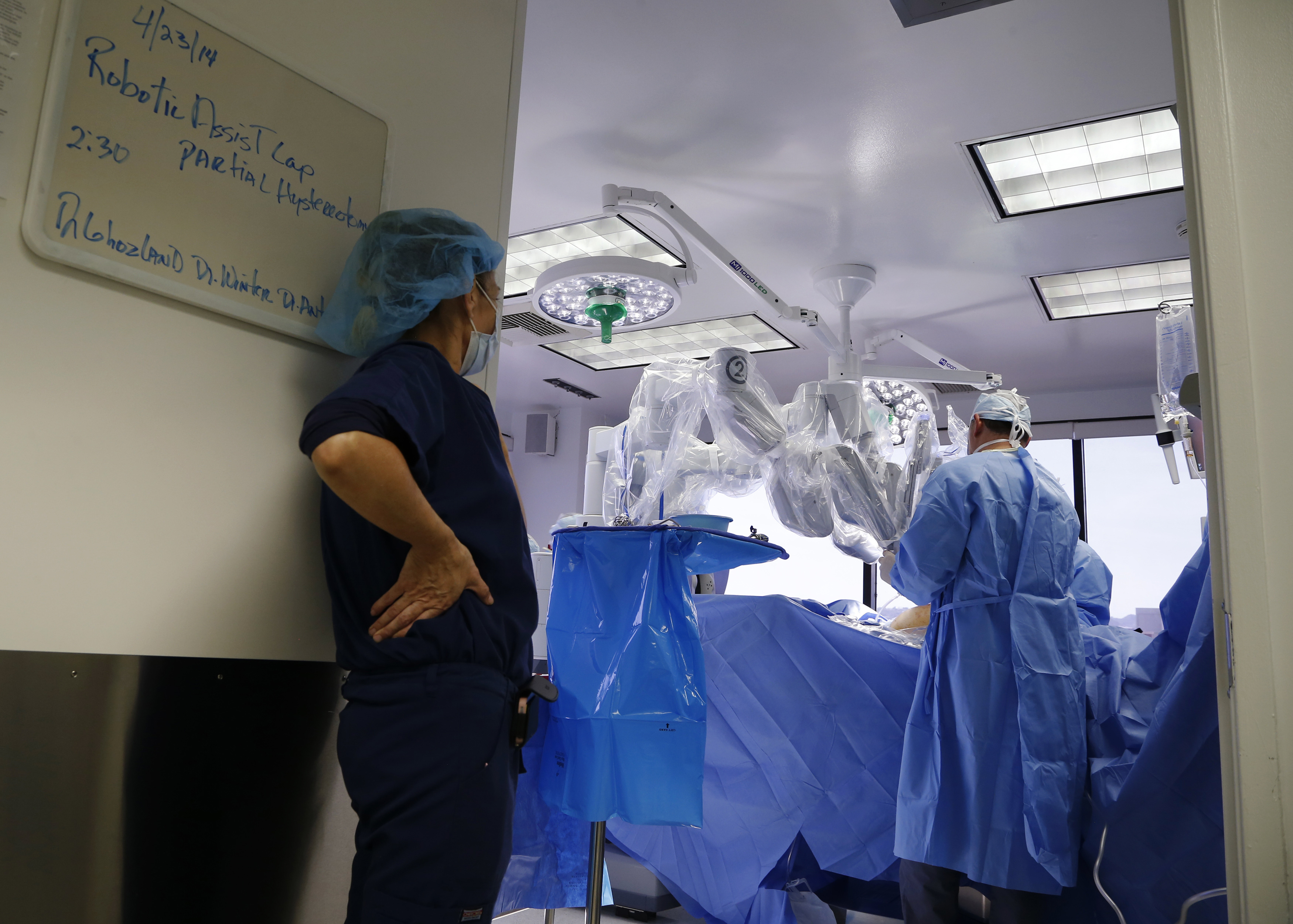Yes, in some aspects of healthcare, robots are already replacing doctors, especially in tasks like diagnostics and surgeries. While robots cannot replace the human touch and empathy, they can enhance efficiency and accuracy in medical procedures.
The integration of artificial intelligence and robotics in healthcare is revolutionizing the industry, improving patient outcomes, and reducing human error. As technology continues to advance, it is likely that robots will play a more significant role in medical care, working alongside doctors to provide better and more precise treatments.
However, the human experience in healthcare remains irreplaceable, ensuring that doctors will always have a crucial role in patient care.
The Impact Of Ai In Healthcare
The emergence of AI in healthcare has sparked discussions about the potential for robots to replace some of the tasks traditionally carried out by doctors and healthcare professionals. From surgical procedures to routine check-ups, robots are increasingly being integrated into various aspects of healthcare to improve efficiency and precision.
Advancements in AI have revolutionized the landscape of healthcare technology, enabling the development of robotic systems that can assist in diagnostics, surgery, and patient care. These technologies have the potential to enhance medical procedures and treatment outcomes, while also addressing workforce shortages in the healthcare industry.

Credit: www.brookings.edu
Automation In Medical Diagnosis
The implementation of automated diagnosis in the medical field has raised questions about the future role of doctors. Benefits of automated diagnosis include the potential for quicker and more accurate assessments, which could lead to earlier detection and treatment of illnesses. Additionally, automated systems can analyze vast amounts of data to identify patterns and trends that may not be immediately apparent to human diagnosticians. However, there are challenges in implementing automated diagnosis, such as concerns about the reliability and ethical implications of relying on machine-driven assessments. Furthermore, the integration of automated systems into existing healthcare infrastructure presents logistical and financial obstacles. Despite these challenges, the potential advantages of leveraging automation in medical diagnosis continue to be explored and developed.
Robotics In Surgical Procedures
Robotic surgery has gained traction in recent years due to its precise and minimally invasive nature. By allowing enhanced visualization and greater dexterity, robots have revolutionized surgical procedures, leading to quicker recovery and reduced complications for patients.
– Improved surgical outcomes and faster patient recovery
While the benefits of robotic surgery are evident, ethical considerations surrounding autonomy and human control persist. The accountability of robotic systems and informed consent from patients are critical areas of concern, warranting a careful examination of the ethical implications involved.
Frequently Asked Questions Of Will Doctors Be Replaced By Robots?
Will Robots Replace Doctors In The Future?
The roles of robots in healthcare are evolving, but doctors will not be replaced. Robots may enhance diagnosis and assist in surgeries, but human expertise and empathy are irreplaceable.
Can Robots Perform Surgery Better Than Doctors?
Robots can assist surgeons, but they cannot replace their expertise and decision-making abilities. Human doctors possess critical thinking skills, adaptability, and emotional intelligence, which are irreplaceable in surgical procedures.
How Will Robots Impact The Healthcare Industry?
Robots will revolutionize healthcare by enhancing precision in surgeries, automating repetitive tasks, and improving patient care. However, human doctors will continue to lead in complex decision-making and patient interaction.
Conclusion
In the rapidly advancing field of medical technology, the role of robots in healthcare is expected to increase significantly. While this may lead to concerns about the future of doctors, it is important to remember that human expertise and compassion cannot be replaced by machines.
Instead, the integration of technology with human skill can lead to more efficient and accurate diagnosis and treatment. As with any technological advancement, it is crucial to consider the ethical and social implications of incorporating robots into medical practice. By embracing the potential for collaboration between doctors and robots, we can pave the way for a future where patients can benefit from the best of both worlds.





